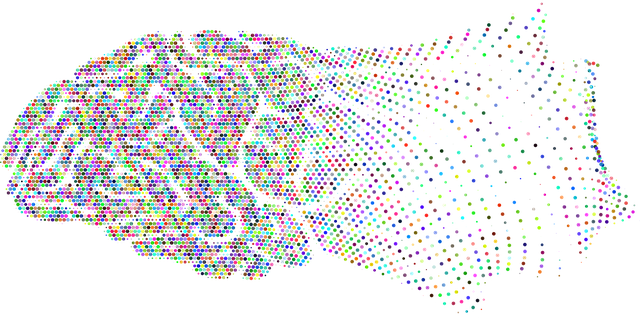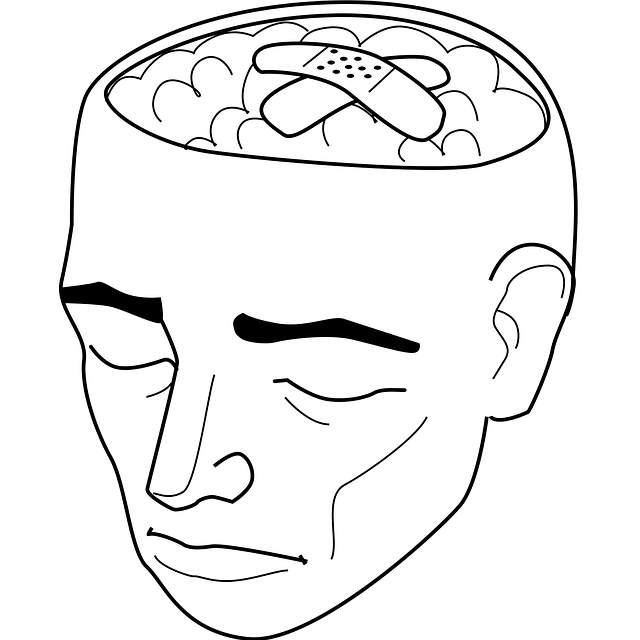Golden Sexual Abuse Survivor Therapy (GSSAT) emphasizes risk assessment as a foundational step, identifying and addressing historical, current, and vulnerable factors through tailored strategies. This proactive approach creates safe spaces, promotes open communication, and fosters client resilience using tools like anxiety relief, stigma reduction, and emotional well-being support. A comprehensive harm minimization plan, integrating Mind Over Matter principles, ensures healing and empowers survivors with lifelong coping mechanisms for optimal recovery.
In the realm of Golden Sexual Abuse Survivor Therapy, understanding risk assessment is paramount. This critical process identifies potential hazards and vulnerabilities faced by survivors, enabling therapists to tailor treatment plans for maximum safety and support. By delving into comprehensive harm minimization strategies, professionals can foster secure environments that facilitate healing. From assessing risks to implementing protective measures, these methods ensure survivors receive the care they deserve, empowering them on their journey towards recovery.
- Understanding Risk Assessment in Sexual Abuse Survivor Therapy
- Developing a Comprehensive Harm Minimization Plan
- Implementing Strategies for Safe and Supportive Treatment Environments
Understanding Risk Assessment in Sexual Abuse Survivor Therapy

Risk assessment is a cornerstone of Golden Sexual Abuse Survivor Therapy (GSSAT), offering a structured approach to understanding and mitigating potential hazards within the therapeutic process. This methodical evaluation involves scrutinizing various factors, including the client’s history, current circumstances, and vulnerabilities, to anticipate and address possible risks that may arise during treatment. By employing this strategy, GSSAT professionals can create a safe and supportive environment, fostering trust and encouraging clients to share their experiences openly.
Effective risk assessment in GSSAT goes beyond identifying threats; it involves implementing tailored strategies for harm minimization. This proactive approach focuses on anxiety relief techniques, mental illness stigma reduction efforts, and emotional well-being promotion techniques to ensure the client’s resilience and progress. Through a comprehensive risk assessment, therapists can anticipate challenges, adapt therapeutic interventions accordingly, and contribute significantly to the client’s overall recovery journey.
Developing a Comprehensive Harm Minimization Plan

Developing a comprehensive harm minimization plan is a critical step in ensuring the safety and well-being of both clients and mental health professionals. This strategy goes beyond simply identifying potential risks; it involves implementing practical measures to mitigate those risks and fostering an environment that promotes healing. A robust plan should incorporate various aspects, such as risk assessment tools, coping skills development for survivors, and risk management planning tailored to the unique needs of each client.
By integrating Mind Over Matter principles, therapists can empower individuals to develop resilient coping mechanisms, enabling them to navigate challenges effectively. This proactive approach not only enhances the therapeutic process but also aligns with the goal of Golden Sexual Abuse Survivor Therapy: to offer a safe space where survivors can reclaim their lives and find healing. Through thorough planning and a holistic view of risk management, professionals can create a supportive ecosystem that facilitates positive outcomes for all involved.
Implementing Strategies for Safe and Supportive Treatment Environments

Creating safe spaces is paramount when offering Golden Sexual Abuse Survivor Therapy. This involves implementing strategies that foster a sense of security and support for individuals navigating complex emotional landscapes. One key approach is ensuring healthcare provider cultural competency training, where therapists are equipped to understand and address the unique needs of diverse populations, promoting inclusive care. Additionally, integrating Mood Management techniques allows clients to regulate their emotions during therapy, making it a more manageable process.
The power of Mind Over Matter principles cannot be understated in this context. By teaching survivors coping mechanisms and reframing negative thoughts, therapists empower them to take control of their healing journey. This transformative approach not only enhances the therapeutic experience but also equips individuals with lifelong tools for managing distress, ultimately contributing to better outcomes in Golden Sexual Abuse Survivor Therapy.
Golden Sexual Abuse Survivor Therapy emphasizes the importance of risk assessment and harm minimization planning as integral components of comprehensive treatment. By understanding the risks involved and implementing safe environments, therapists can provide supportive and effective care for survivors. A well-developed harm minimization plan ensures that all necessary precautions are in place to protect clients, fostering a secure space for healing and recovery.














